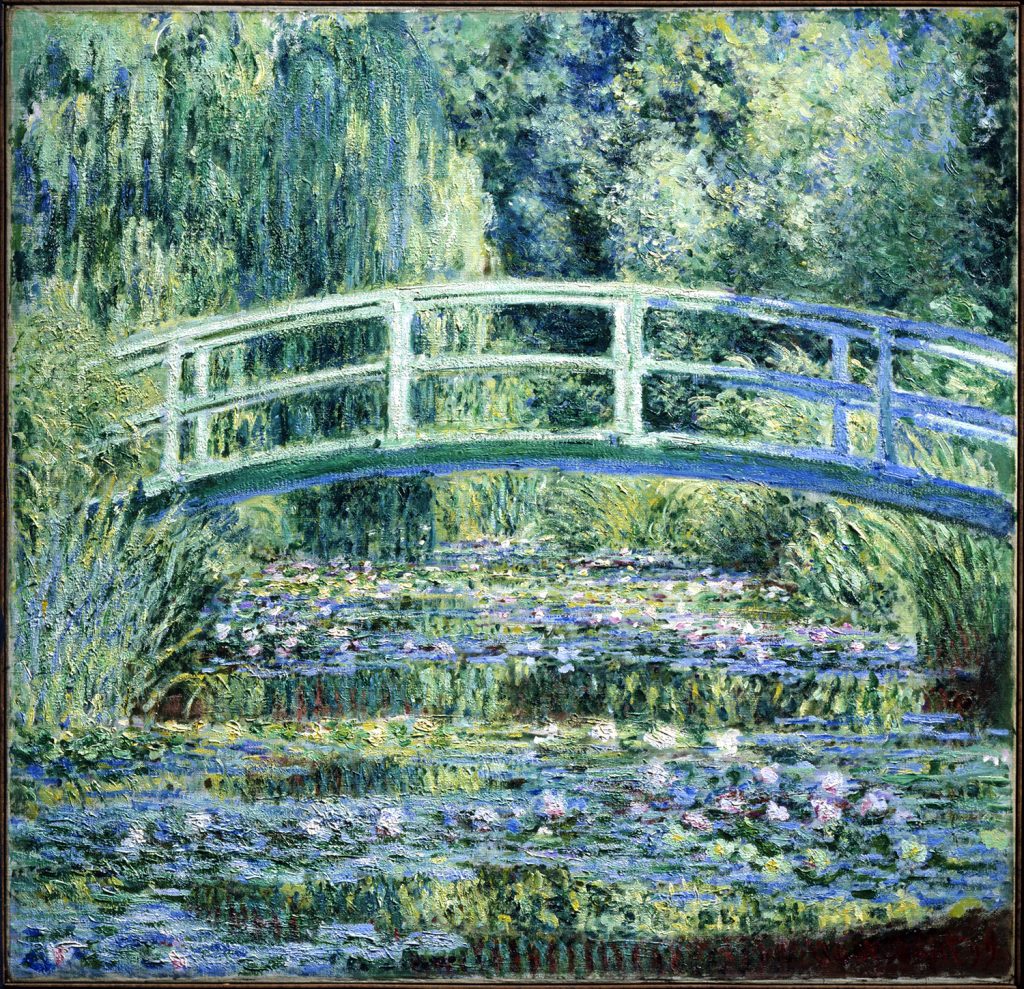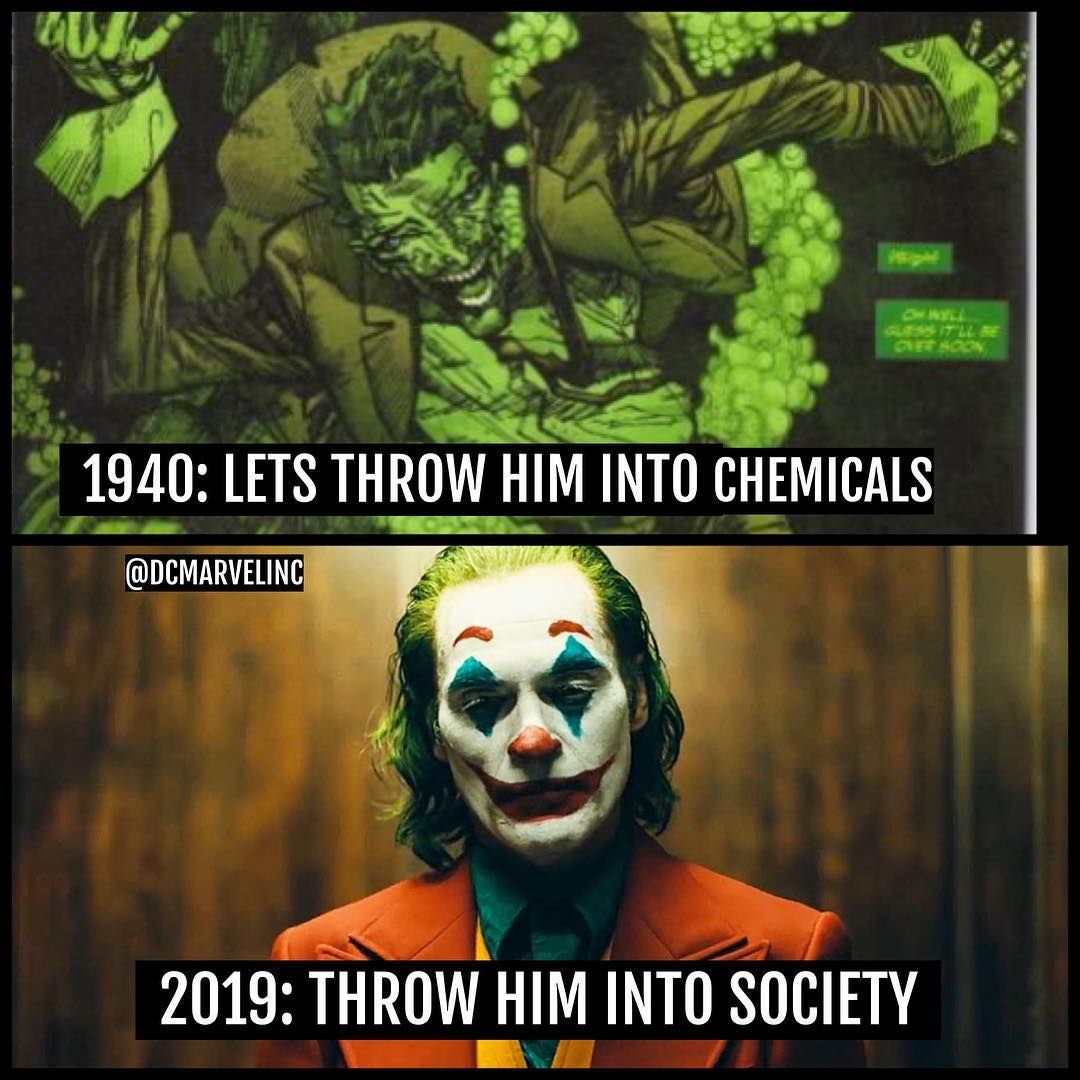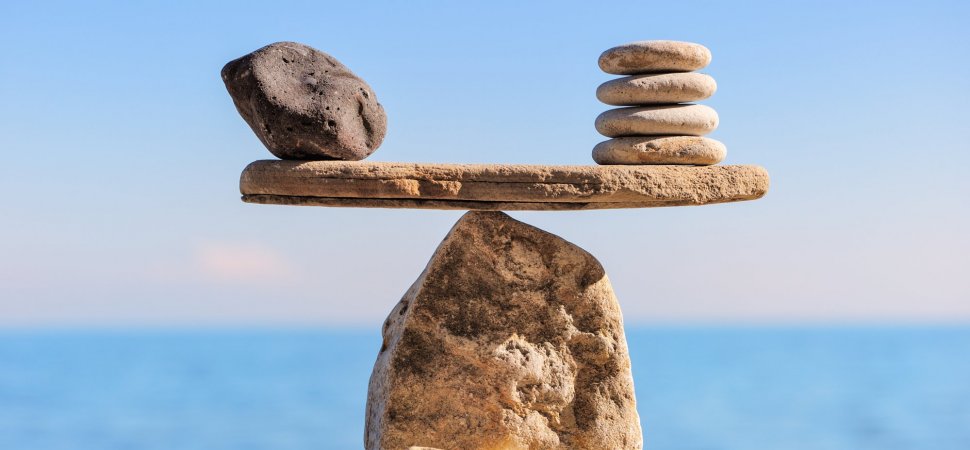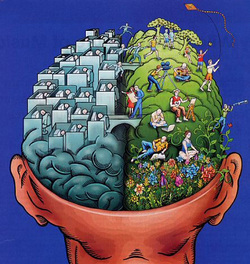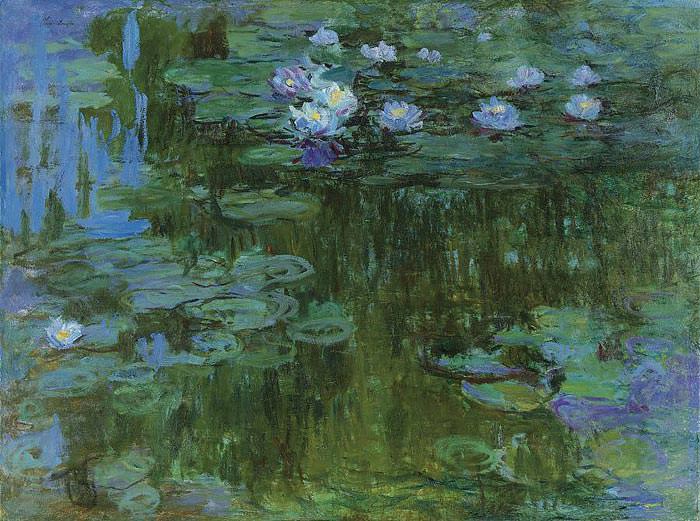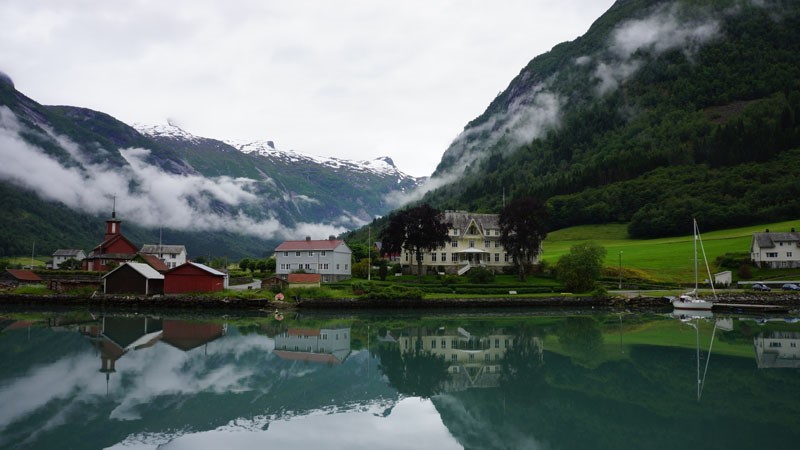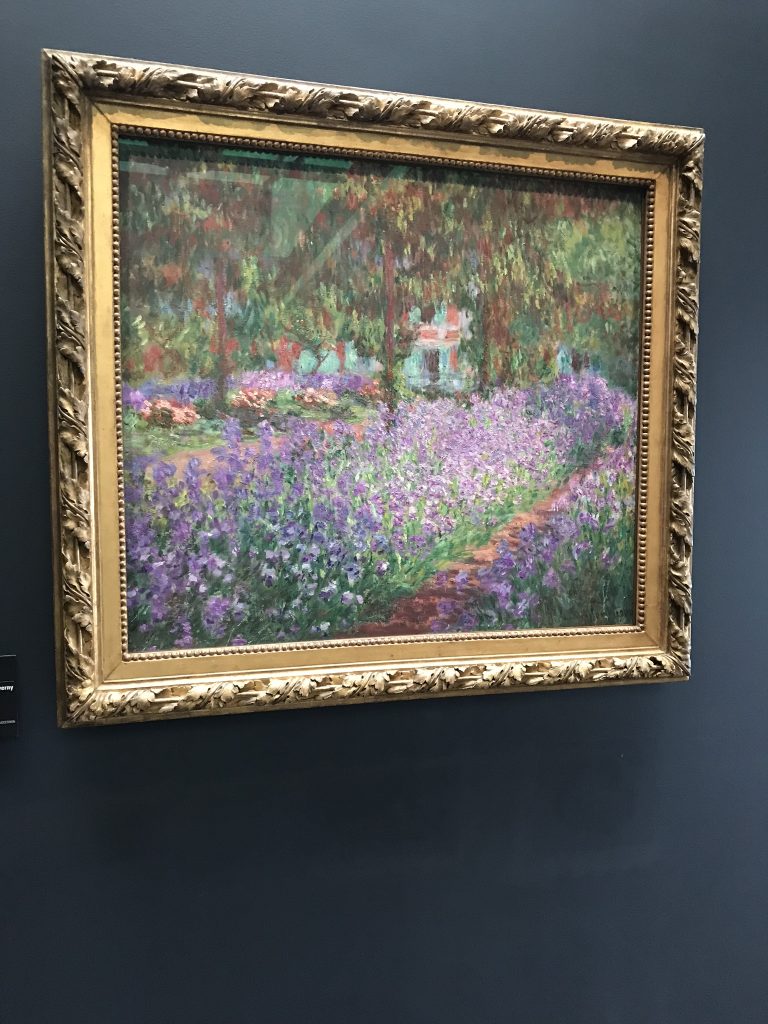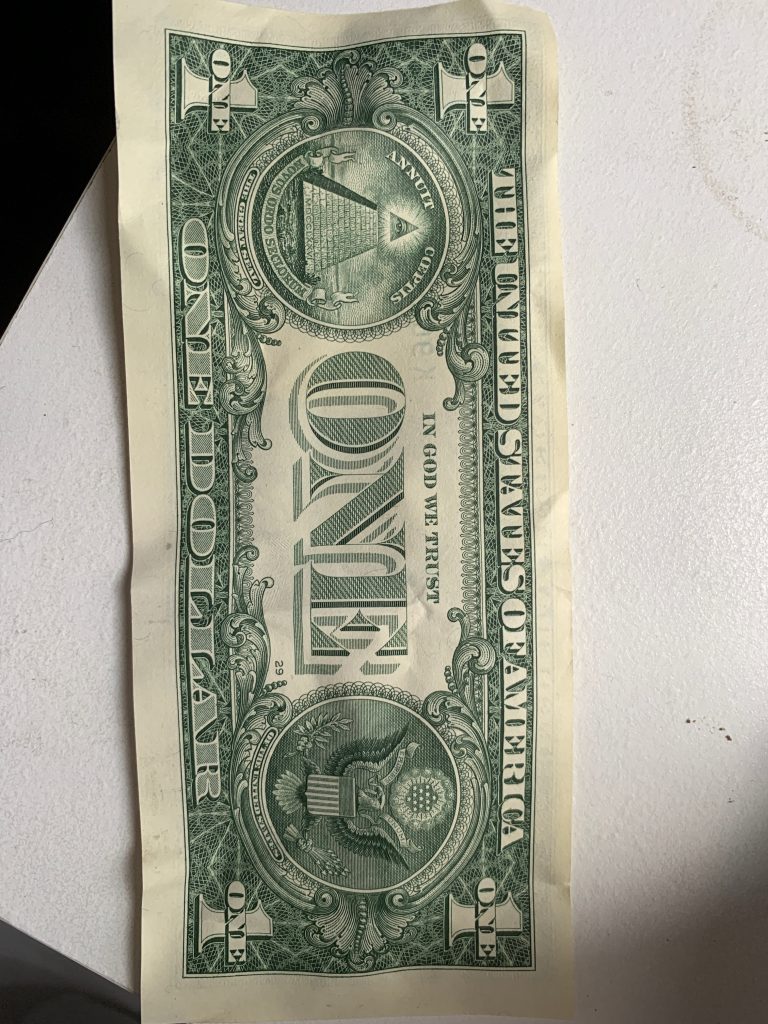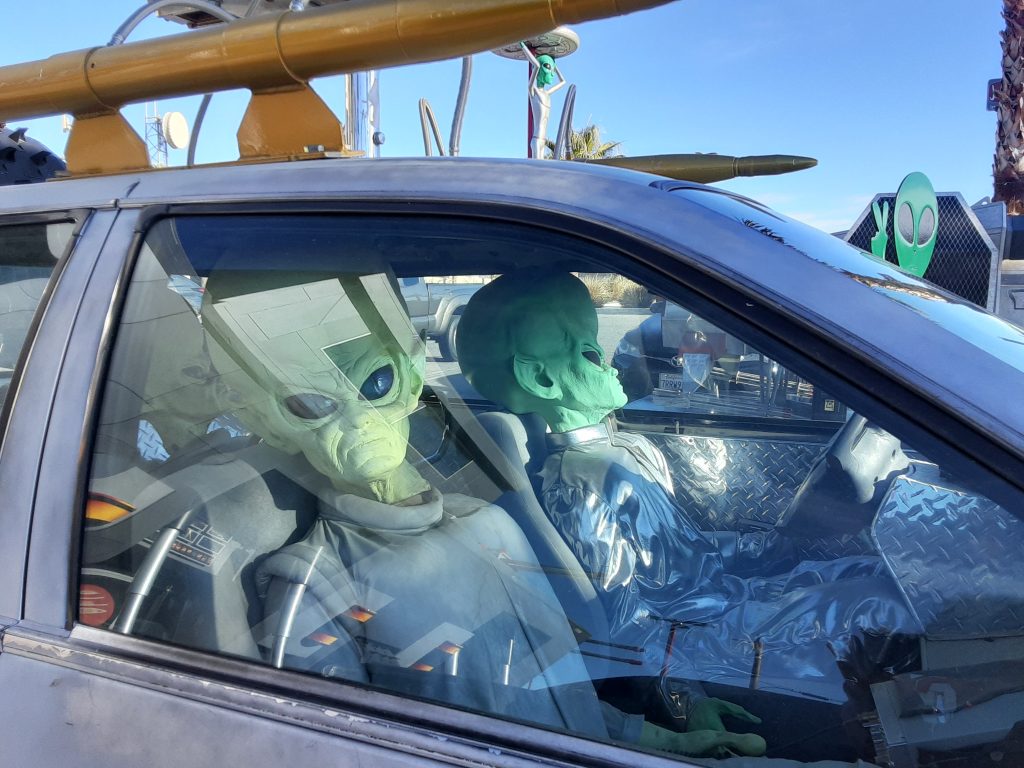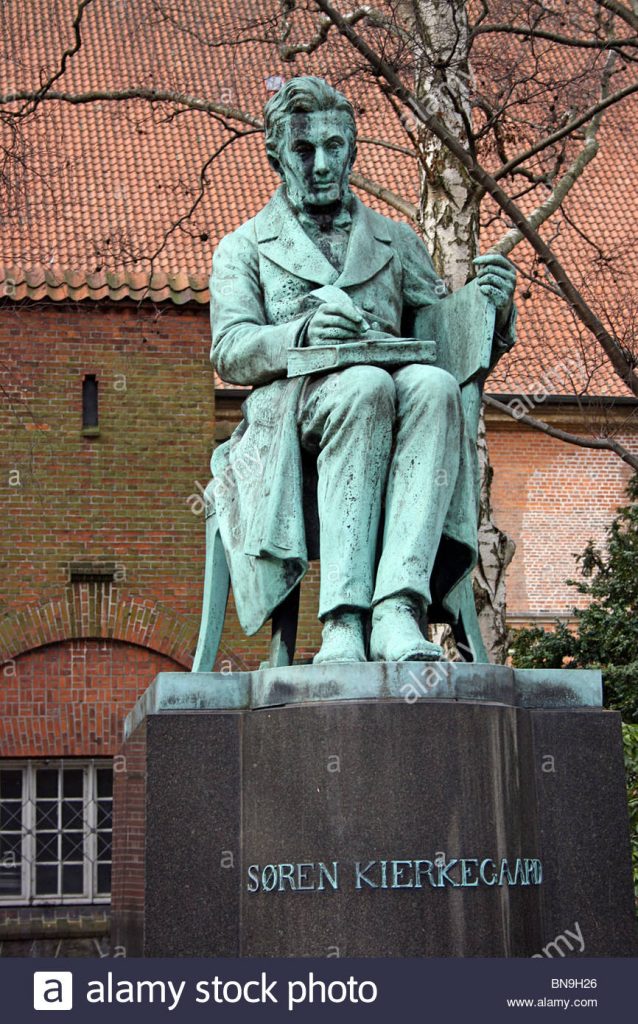Between the two perspectives that were presented in this class, I definitely find the enlightenment point of view more appealing. As someone without a religious background, my understanding of the world has always been through the lenses of reason. Thus, I found myself often agreeing with enlightenment thinkers such as Hume who criticizes the rationally of religious belief. However, one area where I do agree with romanticist is political theory. I find Rousseau ideas of the body politic and social contracts to be more compelling than the existence of natural rights. The enlightenment figures’ justification of natural laws that govern humans in a state of nature seems contrived and despite being inspired by scientific laws, the two are very different.
This course has changed how I view modern-day society by making me think about how the government gets the right to govern. It is something I’ve never really thought about before this but only had a vague sense. This class has allowed me to solidify my beliefs.
A surprisingly interesting part of the class was the art showdown tournament. It was weird to compare two different pieces of artwork and feel that one is better than another, even if you can’t express why. It was not surprising at all to find out that Monet won previously because something about it makes it stand out among the others.
